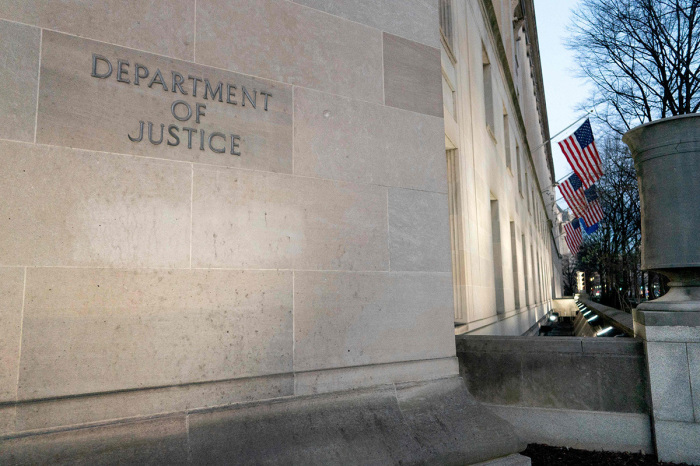
The U.S. Department of Justice has launched an investigation of an Alabama city accused of discriminating against a Christian addiction recovery nonprofit.
The DOJ announced Thursday that it is looking into allegations that the city of Rainsville violated federal law by denying a Christian group’s application to operate an addiction-recovery facility. Specifically, investigators will look into whether the city’s actions aligned with the Americans with Disabilities Act, the Religious Land Use and Institutionalized Persons Act of 2000, and the Fair Housing Act.
“The ADA affords every individual, including those on the path to recovery, the dignity and opportunity to fully participate in society,” said Assistant Attorney General Harmeet K. Dhillon for the DOJ’s Civil Rights Division said in a statement.
“The Civil Rights Division stands guard to protect not only the rights of Americans with disabilities, but also the rights of religious institutions to minister to those recovering from substance abuse.”
In a letter sent to Mayor Rodger Lingerfelt and City Attorney Bradley Cornett, Dhillon said the investigation stemmed from a complaint filed by Total Recovery Ministries.
TRM sought a rezoning exemption from the Rainsville Zoning Board of Adjustments to acquire a house for its ministry work with addicts. But the request was rejected in 2022.
“We believe the public interest and the interests of Rainsville will be best served by our having complete and accurate information about your zoning and land use practices,” wrote Dhillon.
“Our investigation will focus on the City’s denial of TRM’s request for a variance and whether that denial violated the ADA, FHA or RLUIPA. Our investigation is preliminary in nature, and we have not made any determination as to whether Rainsville violated these statutes.”
The zoning board rejected the request in November 2022 after many residents expressed concern about the addiction recovery ministry setting up in their neighborhood.
“I have four kids, and I am not for taking a chance with them,” said one concerned resident, as quoted by The Southern Torch.
“We support the different missions, we just don’t support that location. We don’t want our kids and our elderly put at risk.”
For his part, TRM Executive Director Daniel Gregory said at the time that the proposed transition house was not meant “to cause a rip in the community,” but rather “repair a gaping hole.”
“My heart’s desire is to come back home and help, to help men to find a better life,” said Gregory, as quoted by the Torch.

















